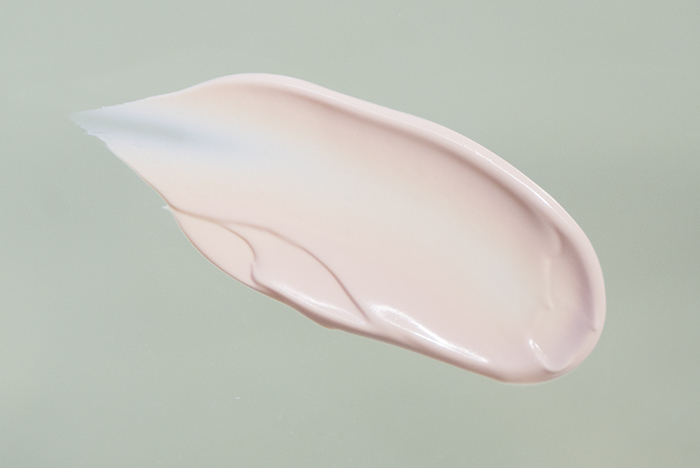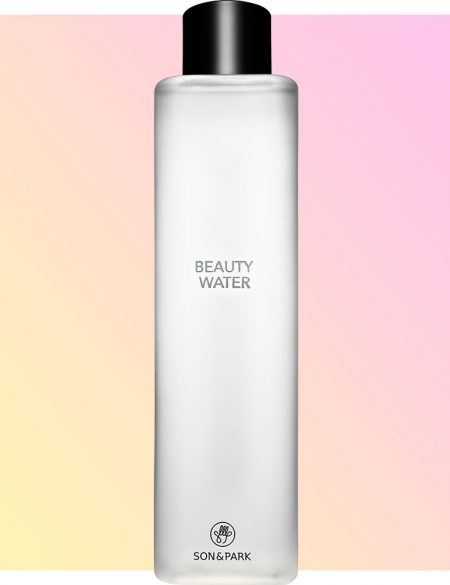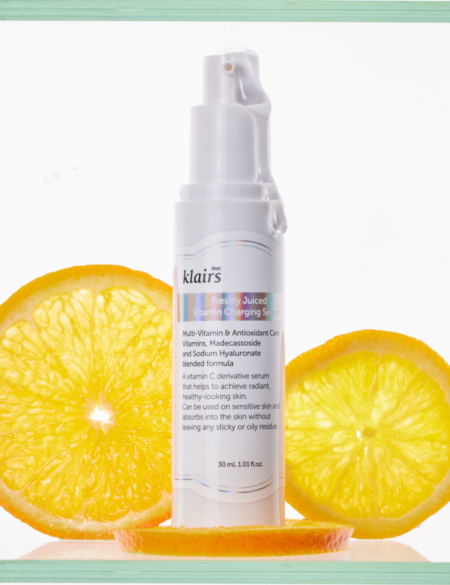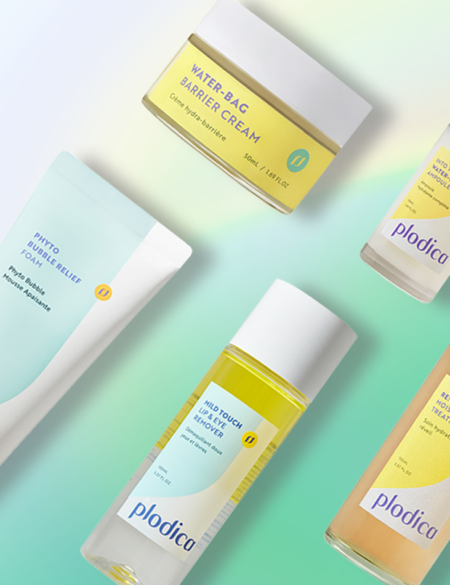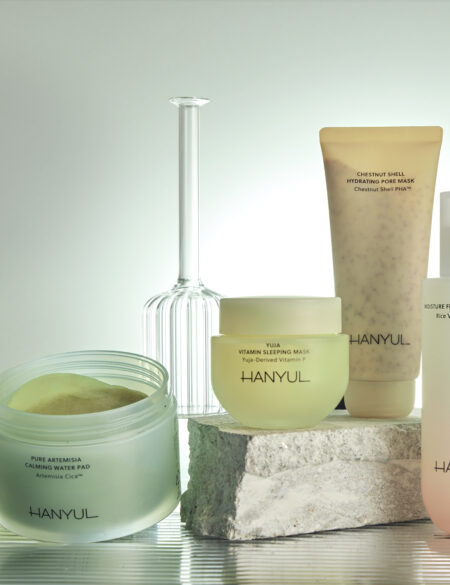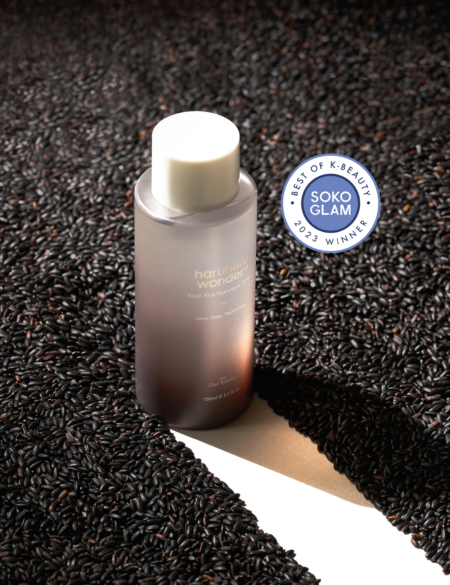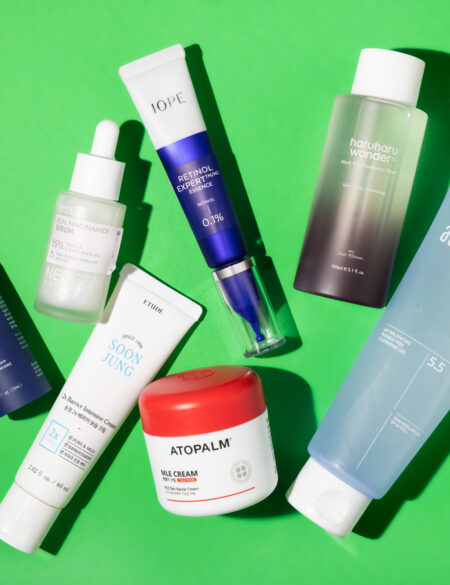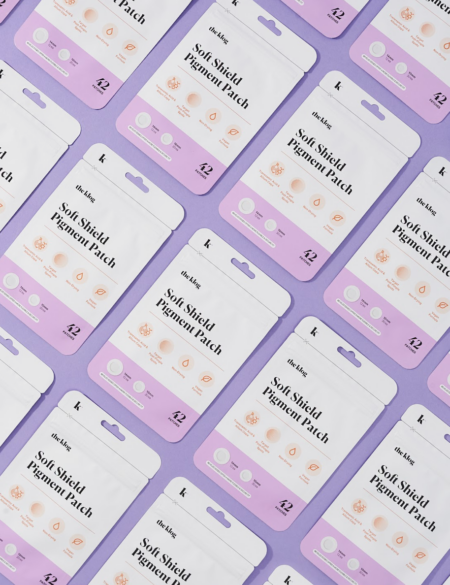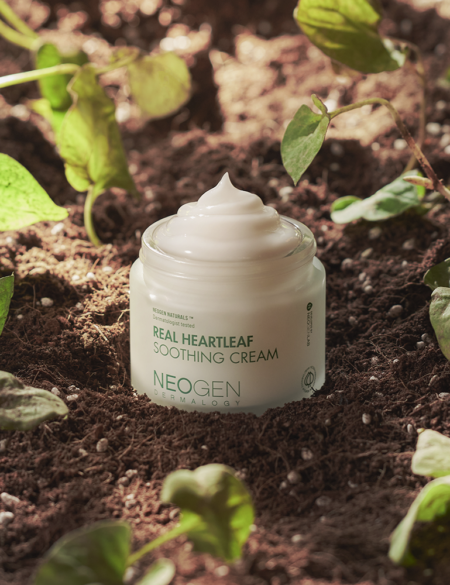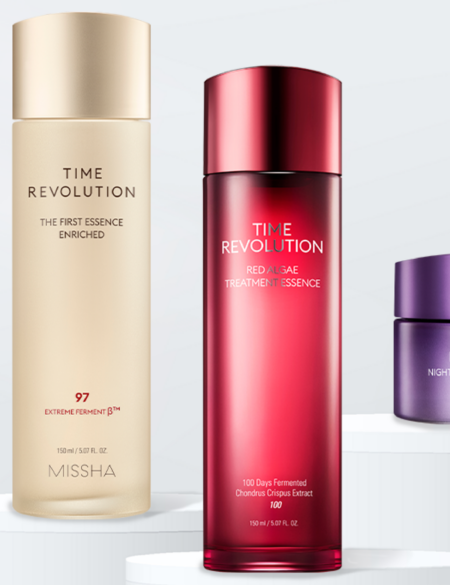Should you really be scared of preservatives in skincare products? Read on to find out what we discovered when we spoke to Bella Schneider, an esthetic scientist and product formulator.
“Preservatives” can be a scary word but are they are actually harmful? Are they even really necessary?
You know what gets a really bad rap in the skincare and beauty world? Preservatives. The truth is that, yeah, some preservatives are actually pretty terrible—we’re looking at you formaldehyde—but that doesn’t mean all preservatives deserve a collective finger from the beauty community.
Some preservatives are 100% natural, such as honey, and many chemical preservatives help make your products last longer and, more importantly, ensure you don’t get some crazy infectious bacterial disease that festered inside of your product.
We spoke to Bella Schneider, an esthetic scientist and product formulator, about preservatives in our skin care. Here are the facts!
Why do skin care and beauty products need preservatives?
The straight up answer to that question is water.
“Most cosmetics contain water in them, and when there is water presence there is the danger of mold and bacterial growth,” explains Schneider. “Preservatives extend a product’s shelf life and stop fungus, mold, yeast, bacteria and other microbes from growing in cosmetics—especially in humid environments such as the bathroom.”
A lack of preservatives is why DIY beauty masks and all-natural products require refrigeration and have transient lifespans.
Are chemical preservatives bad?
“Chemical preservatives can be bad in high doses, but the quantities used in cosmetics are usually minimal,” said Schneider. “If the product is ingested or used around areas where it could be ingested—such as the lips, mouth, or underarms it could be more toxic. Also, prolonged use of certain chemicals can cause adverse reactions, such as rashes or sensitivity, or more long-term health problems, such as cancer.”
She explains that studies have raised concern over certain preservatives that may remain in the blood after cosmetic use. Since chemicals can be absorbed and metabolized, they can be potentially harmful. For these reasons, it’s important to be mindful of the types of preservatives you’re using, and to avoid preservatives that have been known to be harmful. Those include the following:
- Phenolic acid: Also referred to as phenol. In large quantities, this preservative can cause respiratory issues, coma, fainting, and even paralysis.
- Petroleum-based compounds: Schneider says that some petroleum-based compounds—such as propylene glycol, polyethylene glycols, or polyoxyethylene—can be contaminated with “1,4-dioxane,” a chemical that the FDA says may cause cancer.
- Phthalates: “These can be absorbed through the skin and accumulated in the body, and may promote breast cancer, asthma, ADHD, obesity and Type 2 diabetes, neurodevelopmental issues, behavioral issues, autism spectrum disorders, altered reproductive development, and fertility issues,” says Schneider.
- Formaldehyde: This is a carcinogen. “It can also harm the brain, development in children, and cause allergies, irritation, and asthma,” says Schneider.
Chemical Versus Natural Preservatives
Clearly, some chemical preservatives are off limits. However, many others are incredibly useful and your bathroom would look mighty sparse without them. Of course, you always have the option to go with natural preservatives. Let’s discuss the differences.
“Chemical preservatives work in smaller quantities and do not have the heavy smells and textures that many natural preservatives do,” notes Schneider. “They are inexpensive and inefficient, prevent contamination, and make it possible for consumers to store their products outside of the refrigerator for long periods of time. Chemical preservatives are also stable, predictable (do not depend on changes that occur in nature), clean (no trace elements), and sometimes cause fewer allergic responses.”
Natural preservatives are also effective, but they must be utilized within tight parameters. Examples include vitamin E, honey, glycerin, organic acids, essential oils, and natural phenethyl alcohol.
“The problem with natural preservatives is that they need to be in large quantities, such as 30% of the product, to be effective,” says Schneider. “Additionally, they can contain a lot of smell or create allergies in clients, they are not cost effective, and they alter the glide, feel and fragrance of the product. They can also increase the cost of production and sale. In general, they are much less practical for both the manufacturer and consumer than synthetic preservatives.”
Bottom line:
The point we’re trying to make, and hopefully we’ve succeeded in doing so, is that preservatives have many benefits and the beauty industry would be lost without them. Whether you lean towards chemical or natural preservatives, know the pros and cons of each.


